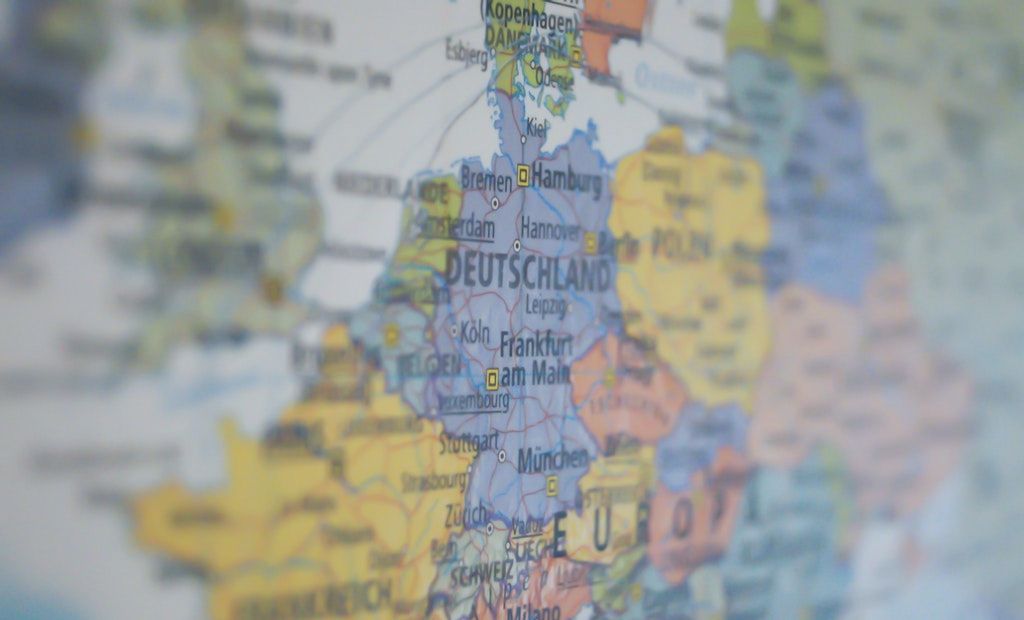EU drops Burma sanctions, despite parliamentary friction

Today, the European Union agreed to suspend the majority of its sanctions against Burma, for a year. The EU foreign ministers decided to drop sanctions in recognition of democratic reforms in the country, despite the recent dispute over a parliamentary oath between the ruling party and pro-democracy leader Aung San Suu Kyi.
The ruling party rejected Suu Kyi’s demand to replace the words “safeguard the constitution” with “respect the constitution” in the oath, and as a result, Suu Kyi and her party colleagues refused to take their seats at the opening of parliament.
Of the dispute over the oath, EU foreign policy chief Catherine Ashton said: “I don’t think that’s a reason for us to do anything different that what we’re doing. But of course we want to see a resolution to that so that in fact they can take their seats.”
Trade and aid sanctions, which have isolated Burma for years, will be lifted, but a long-term arms embargo will be retained.
European companies will be allowed to invest in Burma, or Myanmar as it is known to natives, which borders the economically powerful China and India. European companies are competing with Asian rivals to stakes in a range of companies, including oil, gas, timber, telecommunications and more, many of which are underdeveloped due to years of economic isolation.
The EU is rewarding the shift in politics which has seen many political prisoners freed and oppressive measures lifted.
In a statement, Prime Minister David Cameron said: “President Thein Sein has taken important steps toward reform in Burma, and it is right for the world to respond to them. But those changes are not yet irreversible, which is why it is right to suspend rather than lift sanctions for good.”
The United States is also planning to ease bans on American companies investing in Burma, claiming it will first target areas that could support democratic reforms. The US has already permitted non-governmental organisations to support some humanitarian, religious and educational activities in Burma.
But some would like to see the restrictions on Burma lifted faster – after all, how many companies would be willing to invest in a country where sanctions could be reinstated at any time?
Khaleda Rahman

























Facebook
Twitter
Instagram
YouTube
RSS